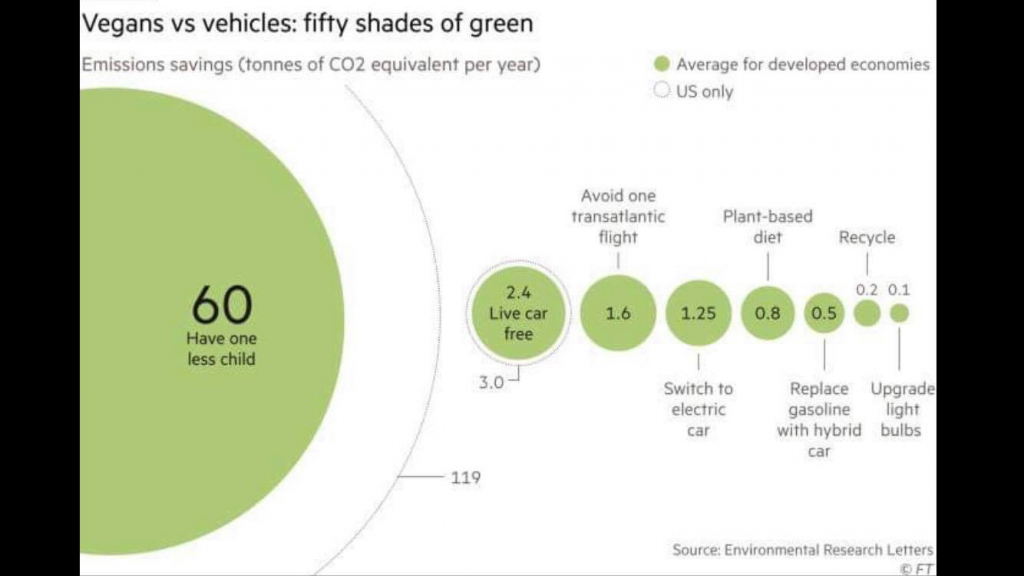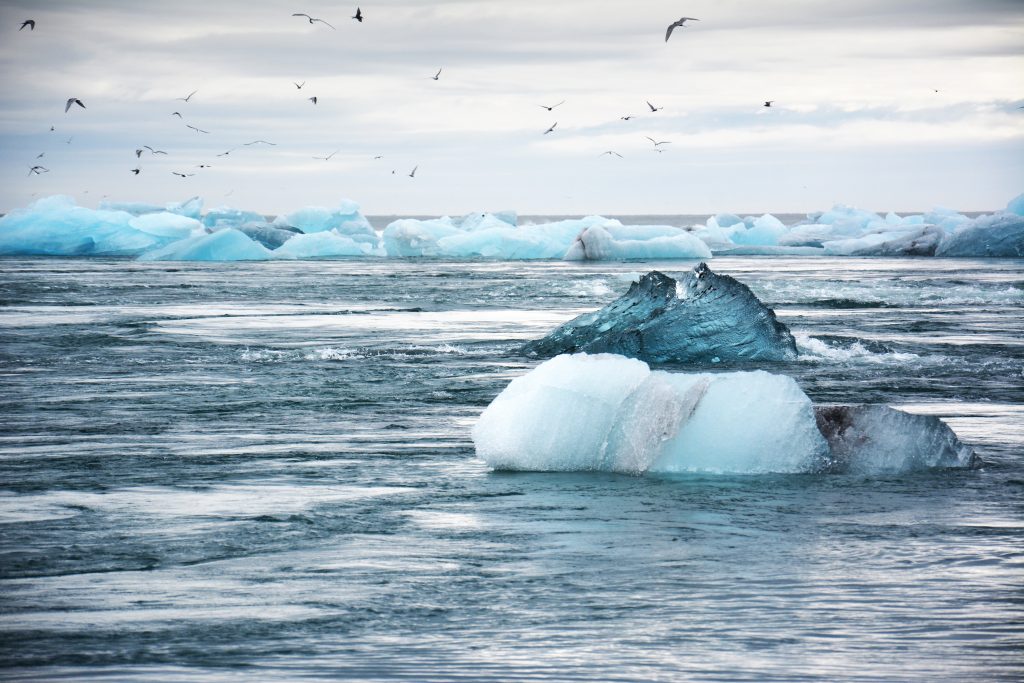To prevent climate catastrophe, look to the founding of the UN
The IPCC’s recent report on the effects of global warming of 1.5ºC above pre-industrial levels show that humanity clearly needs to strive for this goal. The difference between 1.5ºC and 2ºC of warming are already predicted to be huge, as summarized well by the Guardian, and current political commitments predict a much higher 3ºC (we’re currently at 1ºC).
I am not an expert or even particularly well educated on this subject, but I am truly alarmed by the big picture that I see, and I want to be able to tell my kids I did all I could to help. Therefore, as a start, I’m writing this essay which I hope will influence some of my friends and readers to apply more pressure on their governments, and to consider other ways they can help.
You see, this is not a problem we can solve by recycling alone (although we should definitely recycle) or by just avoiding the use of disposable plastic (although we should avoid it). It is not a small local problem, or a problem that any one nation-state can solve. In fact, I believe far too much political attention is being spent on projects that ultimately will not solve the root cause of climate change, such as switching away from disposable plastic bags to other solutions. All such efforts are positive steps that also need to be taken, but we need our politicians to engage at a significantly higher level.
We are currently on track for catastrophic climate change, a scenario where it seems likely we could have hundreds of millions of people around the world fleeing their homes because their food no longer grows, or flooding and typhoons have become too frequent, or it simply becomes too hot to live where they live now. If you think how difficult the current refugee crisis has been, imagine if it was 10 or 100 times larger. While our western governments can and definitely should be doing much more to help refugees, it seems if we had 10-100x more refugees this would be too many to handle, and would be a likely trigger for the next all-out war, or at least significant skirmishes around the world.
I was intrigued and a bit shocked by this infographic from the Financial Times, that came out soon after the IPCC report:
Source: Financial Times 
A car-free lifestyle helps. Eating vegan or switching to an electric or hybrid car helps, but also, skipping just one transatlantic flight helps a ton. So why don’t we do more to reduce the frequency of flights?
How many fewer flights a year would you take if they were 3-4x more expensive? How much less likely would you be to eat strawberries flown from half way around the world if their cost reflected the ecological cost of transporting them? How much more likely would you be to use public transit if it was completely free, and if driving your personal fossil fuel-powered car cost you 2-3x more than it does today?
On a nation-state level, such cost changes can be created by applying taxation and allocation of public funds. This much government interference is distasteful to me, and I know some folks who will be absolutely horrified at it, but if it’s becoming a question of survival, then these types of government measures may be the only way to sufficiently influence people in a short enough period.
The other huge takeaway from the infographic above is that population growth is one of the largest drivers of our ecological problems. While we Westerners are the worst ecological offenders, population growth as well as rapid westernization in some of the world’s largest nations is bound to be a very impactful trend.
Newly rich and middle class folks in countries like India, China, Indonesia and others that are getting richer and also growing in population, will want to act like newly rich folks in the West, and have the trappings to show for it, like a big new car, flatscreen TVs, and import of luxury goods. You can’t fight human nature too much. As an example, rich folks in Vietnam are snorting rhino horns as a sign of prestige, since the horns are more expensive than cocaine and locally believed to have health benefits.
Believing that peoples’ altruism along with awareness campaigns will do the job of convincing them to give up luxuries they have become accustomed to, or of skipping luxuries that they see other nations enjoy, is simply unrealistic. Much larger sticks and carrots will need to be applied by government throughout the world, to discourage consumption, particularly of the most-polluting goods, and to encourage reuse and recycling.
There is, of course, a tragedy of the commons at work. It is unlikely that some of the largest and most populous nations will be willing to adopt policies that help the climate but reduce economic growth, if one or some of their neighbors or competitors don’t. This is why we need to look to the creation of the United Nations as an example of the kind of global political will that needs to be mustered. The Paris Agreement is not a bad start, but it seems clear we need something much bigger. Developed nations will need to shoulder much more of the burden, for example by helping to fund adaptation projects to allow people in less developed nations to keep living in their home areas as they undergo ecological change, and obviously by vastly reducing the developed nations’ vast existing emissions footprint.
The only way, as I see it, to reduce population growth without resorting to authoritarian methods or without ending up with a global war on our hands, is to help the most populous countries complete their transformation as fast as possible into “industrialized” nations. I hardly want to use that word here, because this time around if we want to avoid catastrophe it will have to happen without the massive amounts of pollution typically associated with this transformation. If you look at the factors that affect the rates of child birth, perhaps these can be achieved without all the pollution: Better health care, more stable economies, more job security, better social security, and so forth. It’s something we Westerners should have done more to help with long ago, as it will also help to lift an incredible number of people out of poverty, but better late than never.
A political solution on an almost unprecedented scale seems to be required. Required, but not sufficient.
My hope is that a combination of massive political changes along with large-scale scientific and technological innovation is how we avoid climate change catastrophe. In fact most or all of the scenarios for staying below 1.5ºC in the IPCC’s report rely on some technological measures to bind carbon, but I wonder if we can do significantly better than the report assumes.
In terms of making technology to fight climate change a reality, politics can help. Nations need to reprioritize their spending and allocate vast funds to basic research, applied science, and technological projects intended to help deal with the effects of climate change and to help prevent further climate change. Think carbon binding, carbon recycling, improved recycling methods, lower-polluting solutions for mass-market goods (such as plastic bottles), less-polluting transportation solutions, and so forth.
I think the need for technological solutions is so large that you can compare the required projects with the Apollo launches, or the Manhattan project. Projects on that kind of scale don’t normally occur in short timeframes without massive allocation of funds by government, or without governments creating large economic incentives where currently there are limited incentives.
Friends and readers, I hope this will inspire you to think how you could contribute to a solution, and inspire you to get in touch with your political representatives. We all need to start doing all we can to get political and technological projects at the “founding of the UN” and “Apollo launch” scale started, and we need to shepherd these projects as if our collective lives depended on them. It seems that they very possibly do.
